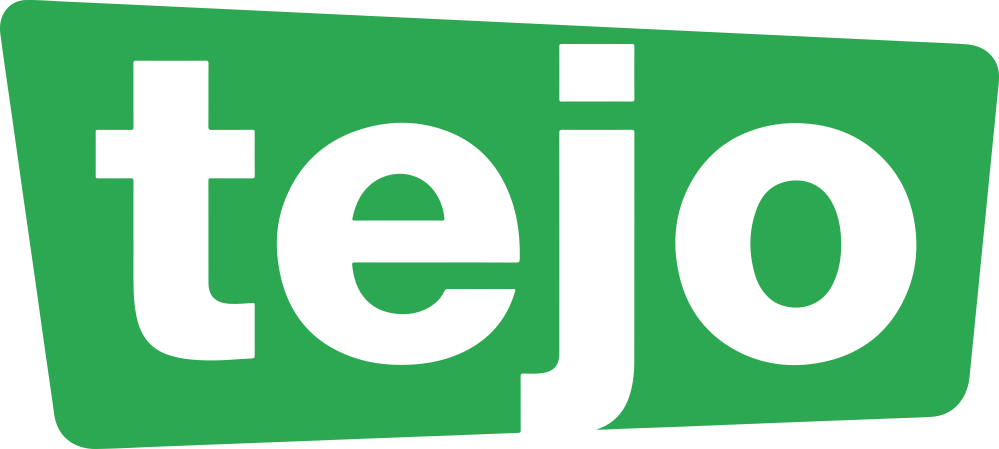World Esperanto Youth Organisation (TEJO)

Related news and publications

Protection of the rights of youth from minoritised national and linguistic groups in Europe in the context of rising extremism
The European Youth Forum emphasises that minority rights are human rights and a key measure of a healthy democracy. These values are increasingly under threat, highlighting the need to protect minorities to uphold open and democratic societies.

The Cyprus Problem: Its International Dimension and the Role of Young People
In 2025, 51 years after the Turkish invasion, the Cyprus Youth Council continues advocating for youth rights, peace, and reconciliation, including Turkish Cypriot youth. It envisions a free, reunited Cyprus as a model of coexistence, while the European Youth Forum upholds its principles in addressing the Cyprus Problem.

Addressing linguistic discrimination in youth international mobility and participation
Language barriers limit young people's, especially those from disadvantaged backgrounds, access to rights, public life, and international opportunities. This motion promotes equality by combating language discrimination, fostering inclusion, and affirming that European integration must respect all cultures and languages equally.

Advocating for linguistic diversity to make Europe stronger
Europe boasts a rich tapestry of linguistic backgrounds, with over 200 languages indigenous to Europe from at least 5 different language families. These languages are repositories of unique cultural identities, histories, and traditions. Preserving linguistic diversity is thus essential for safeguarding Europe's cultural heritage and promoting cultural pluralism.

Inclusive Learning Mobility: Addressing Visa Barriers for Youth
In the European context, young people face visa-related challenges, which vary depending on their specific categorisations. This motion aims to raise attention to streamlining visa procedures for young people and promoting accessible and inclusive learning mobility programs across Europe. It seeks to mitigate bureaucratic barriers and ensure equitable opportunities for all, fostering cross-cultural understanding and empowering youth.